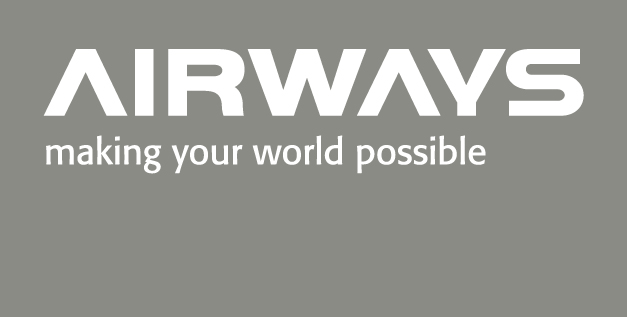New safety training programme launched at Airways New Zealand

Airways New Zealand has developed a training programme that further advances the professionalism of its air traffic control staff and reduces human factor risk.
The PULSE programme was developed through a collaborative approach with Airways’ internal operational customer and a raft of external air traffic control psychology and science experts.
Airways’ Acting Head of Training, Kelly de Lambert, says that with nearly 100 of the organisation’s 300 radar and tower controllers already through the two day programme, the results have been immediate.
“We’ve developed the PULSE course as professional development for our people, and it’s equating to a culture shift within our company,” she explains.
“We spent over a year developing this new programme, and it’s brought about a change in mindset in the workplace. PULSE takes the top six threats and errors from Normal Operations Safety Surveys (NOSS) and determines tactical and strategic tools to overcome them,” says Ms Lambert.
PULSE stands for “Professionals (Us) Leading Safety Everywhere”. The programme was developed with involvement from operational staff, many of whom had been facilitators on Airways safety and risk related courses previously. In the later stages of programme development, a group of talented air traffic controllers worked with international experts to further develop course content.
These experts included Dr Chris Henry, Director of NOSS Collaborative, who brought expertise in the area of threat and error management, and Peter Trono from ATC Consulting LLC, a renowned expert in techniques in understanding ATC thought processes, including the Root Cause Analysis Tool.
Finally, the group worked with Mike Catton, a specialist in course facilitation, who developed the course delivery and prepared the Airways ATCs to become trainers for their peers.
“At Airways, we recognise that we can always do better than we did yesterday, and we have years of expertise in developing air traffic courses in collaboration with the user organisation,” says Ms Lambert.
“It’s this commitment to continuous improvement, along with our belief in collaborative working, which has driven the success of our PULSE programme.”




.png)

.jpg)




Comments
There are no comments yet for this item
Join the discussion